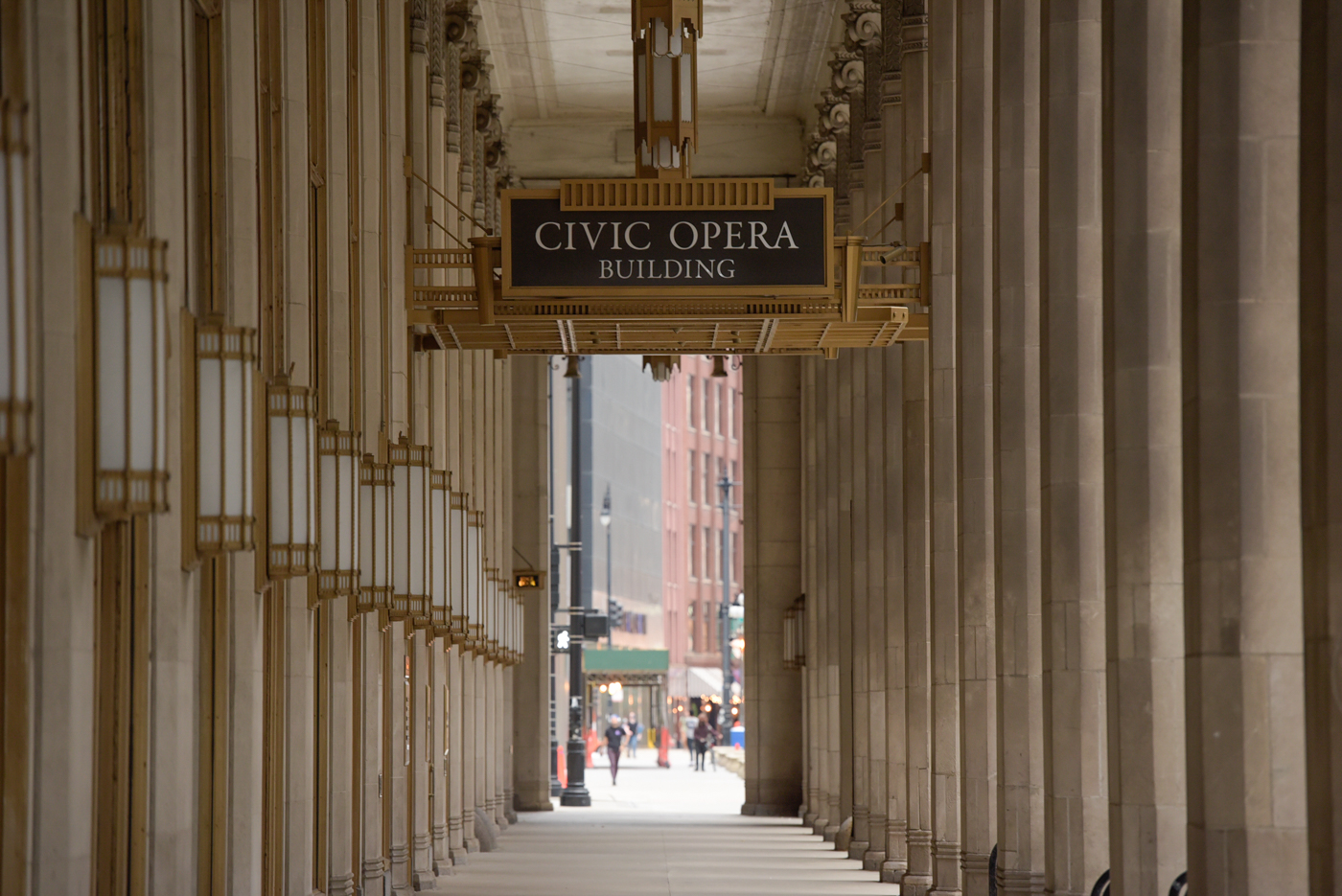The Tax Man Cometh: 19 Percent on Theater, Movies, Concerts and Sports; 17.25 Percent on Netflix

With Democrats unable to contain their impulse to raise taxes, Chicago should be prepared for Delgado's tax plan to return
Note: This article was written on the last day of the fall veto session. In the middle of the night, the Illinois legislature deleted this provision and replaced it with toll road fee increases and a sales tax increase. But since bad ideas never seem to die, we are publishing this to serve as a cautionary tale.
State Representative Eva Dina Delgado (D-3) wants to fund Northern Illinois transit with a statewide seven percent tax on “Amusements." Combined with Chicago and Cook County amusement taxes, this results in a tax in Chicago of 19 percent (nine percent city, seven percent state, and three percent county) on sports tickets, concerts, and other events such as night club cover charges, and 17.25 percent (10.25 percent city, and seven percent state, but no county tax) on streaming services such as Netflix. (The Cook County rate may be one percent or 1.5 percent for live music and theater, depending upon the size of the venue.)
Chicagoans are so accustomed to being taxed at every turn that they might not even think about this tax, and the bizarre way in which it is applied. Nevertheless, the new proposal will take the tax to unprecedented levels, and may draw attention to the way it is structured. In addition, due to poor drafting, it’s not even clear when and how the new tax will become effective. So let’s dig in.
Representative Delgado’s proposed state amusement tax (SB 2111, October 28) is broadly similar to existing Chicago and Cook County amusement taxes but contains fewer exemptions for certain nonprofits. Chicago imposes a nine percent tax on just about every conceivable type of amusement. The ordinance lists over 40 examples, including theater, musical acts, animal acts, every conceivable sport, carnivals, amusement park rides, bowling, billiards, and paid television programming. However, it doesn’t apply to live theater, musical, or cultural events if the venue has a capacity of 1,500 persons or less. (Maybe that’s why the Harris theater lists its capacity on its website as 1,499 seats.) Nonprofit theater companies and musical organizations (think Lyric Opera, Chicago Symphony, Goodman) are completely exempt, while other nonprofits have only very limited exemptions based upon number of performances and other criteria.
Cook County amusement tax generally follows Chicago’s rules, and imposes a tax of three percent (less for live theater and musical events) but does not tax streaming services or cable TV.
Adding insult to injury, these amusement taxes apply not only to the ticket price, but to ticket seller fees (such as Ticketmaster) and other similar fees.
And finally, as if that’s not enough, Rep. Delgado proposes an additional $5 per day “large event ticket surcharge” on amusement tickets for an event held in a venue in the Regional Transit Authority (soon to be renamed) service territory that holds 10,000 or more persons. This will be a daily charge for multi-day events such as NASCAR or Lollapalooza.
As an aside, the proposed state tax also contains a drafting flaw that will no doubt create confusion and controversy. The tax becomes effective for any amusement occurring on or after July 1, 2026, but the tax is collected at the time of ticket purchase. So, if a fan buys a ticket now for a concert next summer at Wrigley Field, then obviously no tax is due, because the bill isn’t yet law. Nonetheless, the effective date of the seven percent tax is based on the date of amusement, and not the date of the purchase. So if the law is passed, will the state attempt to collect taxes from the venue that were never collected from the fans? If so, the promoter would take a big financial hit.
While it’s great that the major cultural institutions in the city escape this tax, the effect on for-profit theaters and other entertainment venues will be significant. Further, while comprehensive data on theater taxes is difficult to come by due to the patchwork of state and local laws, Chicago theater and concert taxes will no doubt be significantly higher than in any other major city. As a point of comparison, Broadway shows in New York City are not subject to state or local tax at all, and professional sports tickets are subject to a normal sales tax rate of 8.875 percent. And finally, of course, there is the fairness question of why residents of Peoria and Danville should be subsidizing Northern Illinois transit.
